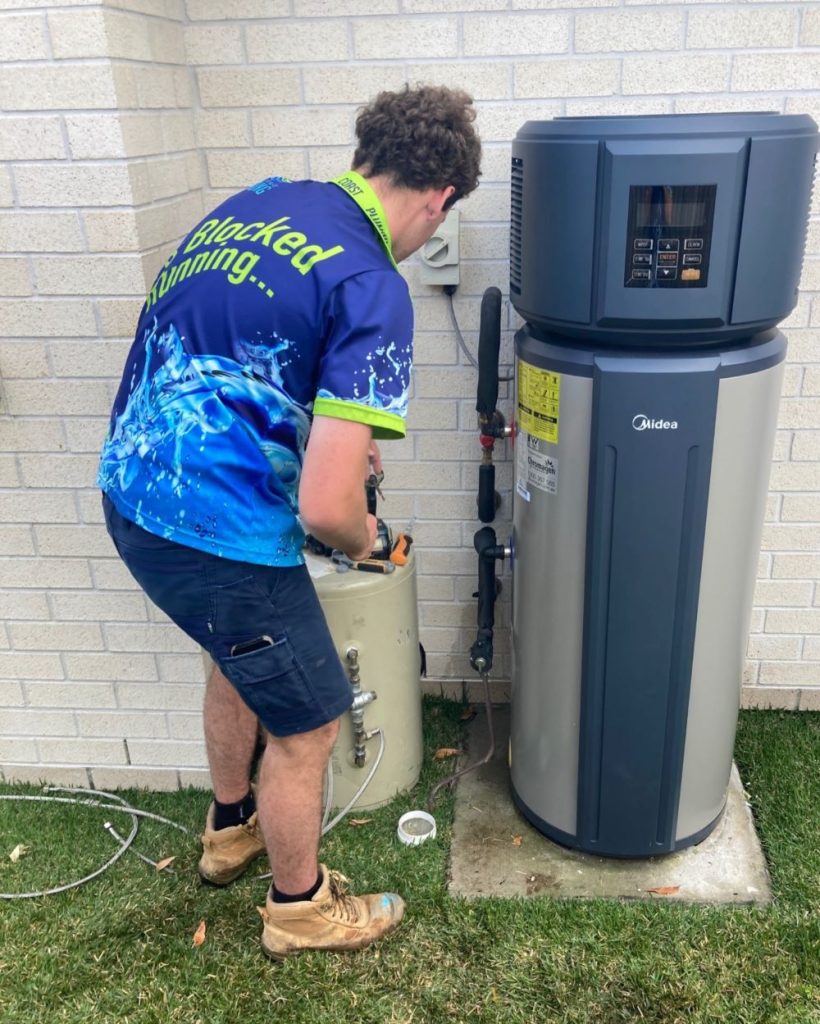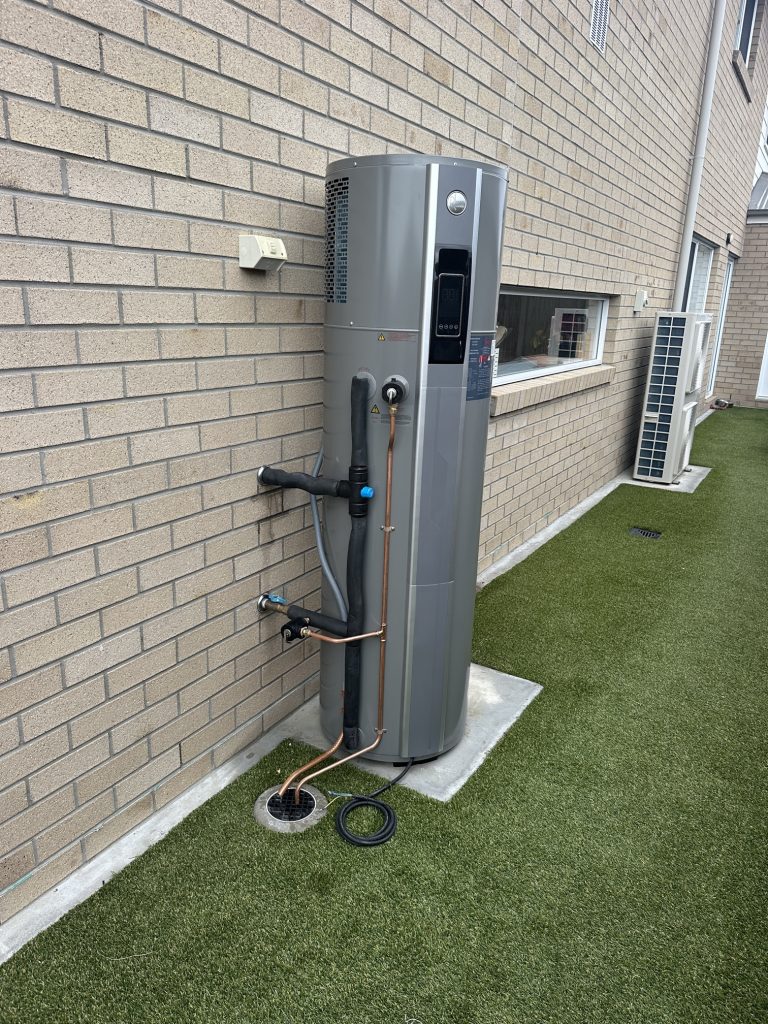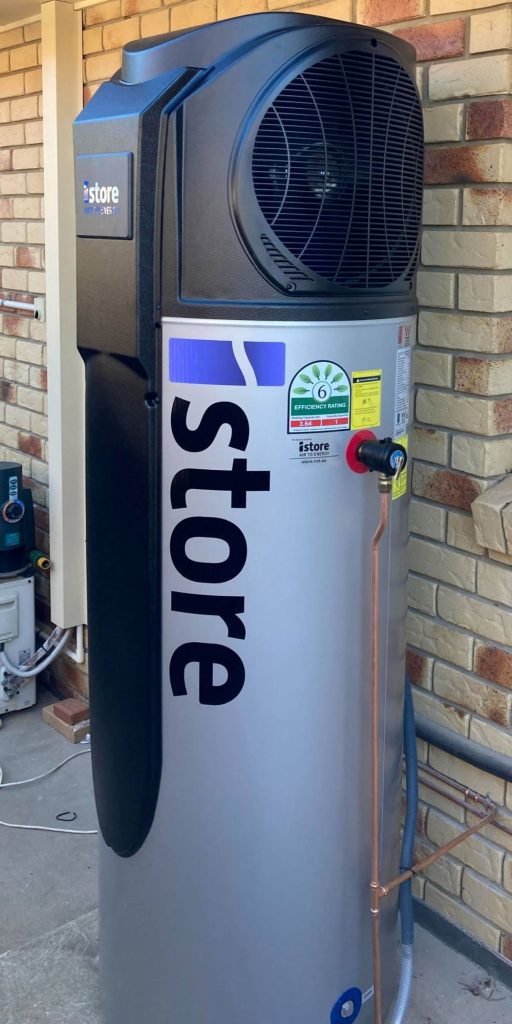Navigating the Complexities of Choosing Hot Water Systems for Queensland’s Unique Climate
When it comes to selecting the ideal hot water system for your residence in Queensland, the decision-making process extends beyond merely choosing a reputable brand or assessing the water storage capacity. It necessitates a thorough evaluation of a variety of critical factors, including the local climate, humidity conditions, fluctuating electricity tariffs, and your household’s daily demand for hot water. As energy costs continue to rise, a growing number of households are opting for heat pumps due to their exceptional energy efficiency and commitment to sustainable living. However, it is vital to recognize that these heating systems may not be suitable for all types of properties. Consequently, conducting a comprehensive assessment of all relevant factors is essential to ensure the optimal performance and long-lasting durability of your selected hot water system.
This article explores the operational efficiency of heat pumps in Queensland’s diverse climatic conditions, identifies the types of homes that benefit most from these advanced systems, and dispels prevalent myths that could lead to suboptimal performance or incorrect system selection.

Maximizing the Efficiency of Heat Pumps in Coastal Queensland Environments
Heat pump water heaters operate by extracting thermal energy from the ambient air surrounding them. Their performance is notably enhanced as air temperatures rise. In the coastal regions of Queensland, particularly in desirable locations such as the Sunshine Coast, Brisbane, and the Fraser Coast, average air temperatures generally remain above 5°C, even during the winter months. This consistent warmth allows heat pumps to function efficiently year-round without relying on electric boosting or additional heating solutions, which are often necessary in colder climates. By utilizing this natural energy source, homeowners can enjoy reduced energy bills while simultaneously lowering their carbon footprint.
Key Environmental Factors That Boost Heat Pump Efficiency
| Factor | Impact on Heat Pump Functionality | Coastal QLD Efficiency |
|---|---|---|
| Average ambient temperature | Higher = more efficient operation | ✓ Consistently maintained above 5°C |
| Humidity levels | Moderate improvements | ✓ Generally high and stable |
| Access to off-peak electricity | Lower operational costs | ✓ Widely available in most regions |
| Roof shading | Not a significant factor | ✓ No detrimental impact on system |
| Direct sunlight exposure | Not a necessity | ✓ Functions well in shaded conditions |
Recognizing Conditions Where Heat Pumps May Not Perform at Their Best
While heat pumps present numerous benefits, there are specific scenarios in Queensland where their efficiency may fall short:
- Inland or elevated areas
In regions such as Toowoomba or the Hinterland, temperatures can drop significantly at night during the winter season. In these circumstances, certain models of heat pumps may struggle to maintain peak efficiency without the assistance of a booster element, resulting in increased energy consumption and operational expenses. - Limited or poorly ventilated outdoor spaces
Heat pumps necessitate sufficient airflow around their compressor units to function optimally. In confined or enclosed environments, the efficiency of heat extraction can decrease, and operational noise may rise, potentially causing disturbances for nearby residents. - Large households with significant hot water demands
In homes accommodating more than six residents, systems equipped for higher water storage capacities or faster recovery times, such as solar-boosted gas systems, may be more advantageous for effectively meeting elevated hot water needs.
Clarifying Common Misconceptions About Heat Pumps in Queensland
“They lose effectiveness during winter.”
This assumption may be valid in colder southern climates; however, it does not apply to Queensland. In areas where average temperatures consistently surpass 5°C, heat pumps maintain their efficiency throughout winter, delivering reliable hot water solutions even during cooler months.
“Solar panels are required for heat pumps to operate.”
This assertion is misleading. Heat pumps can function independently of solar photovoltaic (PV) systems, although integrating them with solar energy can significantly enhance energy savings and promote sustainability.
“Heat pumps generate excessive noise and are disruptive.”
Contemporary heat pump systems are engineered to be significantly quieter than older models. When installed properly in well-ventilated locations, the noise produced by the compressor unit is typically minimal, ensuring a comfortable living environment.
Proven Techniques for Optimizing Heat Pump Installation and Performance in Queensland
- Select a system tailored for Australian conditions
Opt for models that boast high-efficiency ratings and provide reliable local support, such as istore or Stiebel Eltron, which are well-known for their performance in the Australian climate. - Install in a well-ventilated yet shaded area
While heat pumps do not necessitate direct sunlight, they require adequate airflow around the unit to operate efficiently and effectively. - Employ timers or smart controls
By programming your system to operate during solar energy generation periods or off-peak electricity hours, you can significantly enhance energy savings and reduce costs. - Ensure your system is correctly sized
A capacity of 250–300 litres is generally sufficient for most families. An undersized system may lead to performance challenges and an over-dependence on boosting mechanisms, resulting in increased energy use.
The Indispensable Role of Local Expertise in Successful Heat Pump Installations
The installation of a heat pump requires a customized approach to achieve the best results. Collaborating with a local plumber who has extensive knowledge about:
- Performance tailored to local climate conditions, ensuring peak efficiency
- Access to rebates such as Small-scale Technology Certificates (STCs) and various Queensland government incentives aimed at promoting energy efficiency
- Optimal placement and ventilation strategies for the unit to maximize performance
- Integration with solar PV systems or battery storage solutions, where applicable, to bolster energy efficiency
At Creek to Coast Plumbing, we specialize in the delivery and installation of high-performance hot water systems, including heat pumps, across the Sunshine Coast and Moreton Bay regions. Our dedicated team is focused on helping you determine which type of hot water service will best fulfill your needs. As the demand for energy-efficient hot water solutions continues to rise, many individuals are weighing solar options against heat pumps. We will assess the specific conditions of your property, recommend the most appropriate system, and ensure you are set up for optimal efficiency.
Discover further information about our Heat Pump Hot Water Installations or reach out to us for a personalized recommendation tailored to your individual requirements.
The Article: Heat Pumps in Queensland: Effective Solutions and Pitfalls first appeared on https://writebuff.com
The Article Heat Pumps in Queensland: Benefits and Challenges Explained Was Found On https://limitsofstrategy.com

